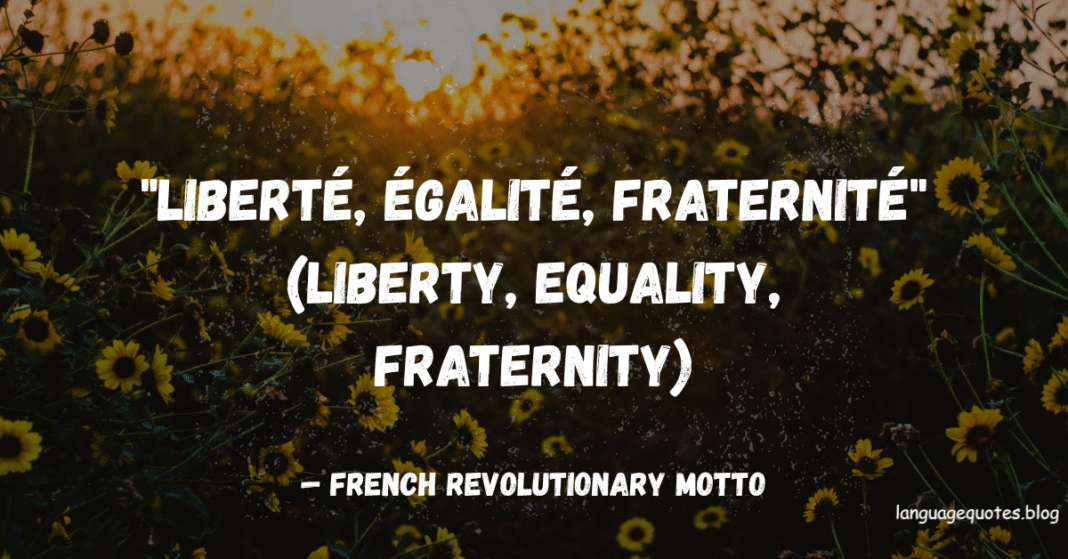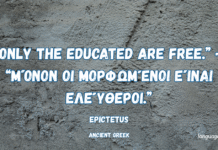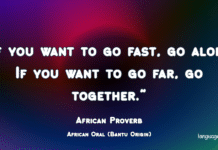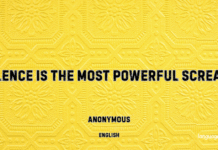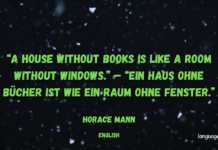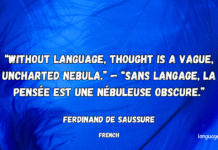**”Liberté, égalité, fraternité” (Liberty, equality, fraternity)
— French Revolutionary Motto
“Liberté, égalité, fraternité” (Liberty, equality, fraternity) — French Revolutionary Motto
“Liberté, égalité, fraternité” — translated as “Liberty, equality, fraternity” — stands as one of the most iconic and powerful slogans in human history. Born during the tumultuous days of the French Revolution, this simple yet profound phrase encapsulates the ideals that sparked radical transformation not only in France but across the modern world. It continues to inspire movements for justice, democracy, and human rights even centuries later.
More than just a political motto, “Liberty, equality, fraternity” is a moral compass — a vision of what society could be when built upon mutual respect, freedom, and shared humanity. It is a rallying cry for dignity, a call to conscience, and a reminder that progress rests not just on power or policy, but on principles.
The Birth of a Motto in Revolution
The phrase first gained prominence during the French Revolution in the late 18th century, a period marked by the fall of the monarchy, widespread civil unrest, and the reimagining of government and society. In a world where monarchs ruled with unchecked authority and class divisions were sharp and cruel, the people of France rose up to demand their rights.
“Liberty, equality, fraternity” became a banner under which revolutionaries could unite. It succinctly expressed the foundational goals of the revolution — freedom from tyranny, equal treatment for all citizens, and a sense of solidarity that transcended individual interest. The slogan was inscribed on public buildings, shouted in protest, and used to guide the drafting of new laws and institutions.
Liberty: The Right to Live Free
The first word, liberté, or liberty, speaks to the most basic human right — the freedom to live without oppression. Liberty means being able to think, speak, worship, and act without fear of unjust punishment or control. In revolutionary France, this meant ending the authoritarian rule of the king and aristocracy, and empowering the people through democratic institutions.
But liberty extends beyond politics. It also means the ability to choose one’s own path — to learn, create, explore, and grow. It is the foundation upon which all other human aspirations rest. Without liberty, society becomes a cage; with it, people become capable of greatness.
Equality: Justice for All
Égalité, or equality, addresses a different but equally vital concern — the fair treatment of all people regardless of birth, wealth, religion, or class. Before the Revolution, French society was rigidly hierarchical. The nobility and clergy enjoyed privileges while peasants and commoners bore the burdens. Revolutionaries rejected this unfairness and demanded a new social order based on equal rights and opportunities.
Equality doesn’t mean sameness; it means fairness. It means that laws apply to everyone equally, that opportunity is not hoarded by the powerful, and that every person, regardless of background, has value. In today’s world, égalité remains a crucial concept in the fight against discrimination, economic injustice, and systemic bias.
Fraternity: The Power of Solidarity
Fraternité, or fraternity, may be the most poetic and profound of the three. It calls for brotherhood — a deep, enduring sense of connection among citizens. Fraternity means more than cooperation; it speaks to shared purpose and mutual care. It reminds us that we are not isolated individuals, but members of a larger human family.
Fraternity was essential during the Revolution, as it encouraged unity in the face of immense danger and upheaval. But even now, it speaks to our need for community. It asks us to lift each other up, to fight not just for our own rights but for the rights of others. It demands empathy, generosity, and collective strength.
A Timeless Message
Though forged in the fires of revolution more than 200 years ago, “Liberté, égalité, fraternité” remains strikingly relevant today. In times of political division, inequality, and global uncertainty, this phrase reminds us what civilization should strive for. It continues to guide movements for democracy, civil rights, gender equality, and social justice around the world.
In schools, courts, parliaments, and protests, the motto lives on. It is a vision not just for France, but for humanity — a society where everyone is free, treated fairly, and bound together by shared respect.
Applying the Motto to Modern Life
“Liberty, equality, fraternity” isn’t just a historical phrase; it can shape our personal lives too. We can live with liberty by speaking our truth and pursuing our passions. We can honor equality by standing against discrimination and advocating for fairness in our communities. And we can practice fraternity by helping others, showing compassion, and building inclusive spaces.
Whether we are teachers, artists, activists, or parents, this motto offers a framework for ethical living. It urges us to be brave, to be fair, and above all, to be kind.
Conclusion
“Liberté, égalité, fraternité” is more than a slogan — it’s a philosophy of life. It reminds us that the foundation of any just society rests on freedom, fairness, and unity. While born in revolution, its message is enduring, universal, and deeply human. In a world still battling injustice and division, it stands as a light — showing us not just what we can achieve, but who we are at our best.
Let this motto guide you in your words, your work, and your worldview. For when liberty, equality, and fraternity thrive, so too does humanity.


